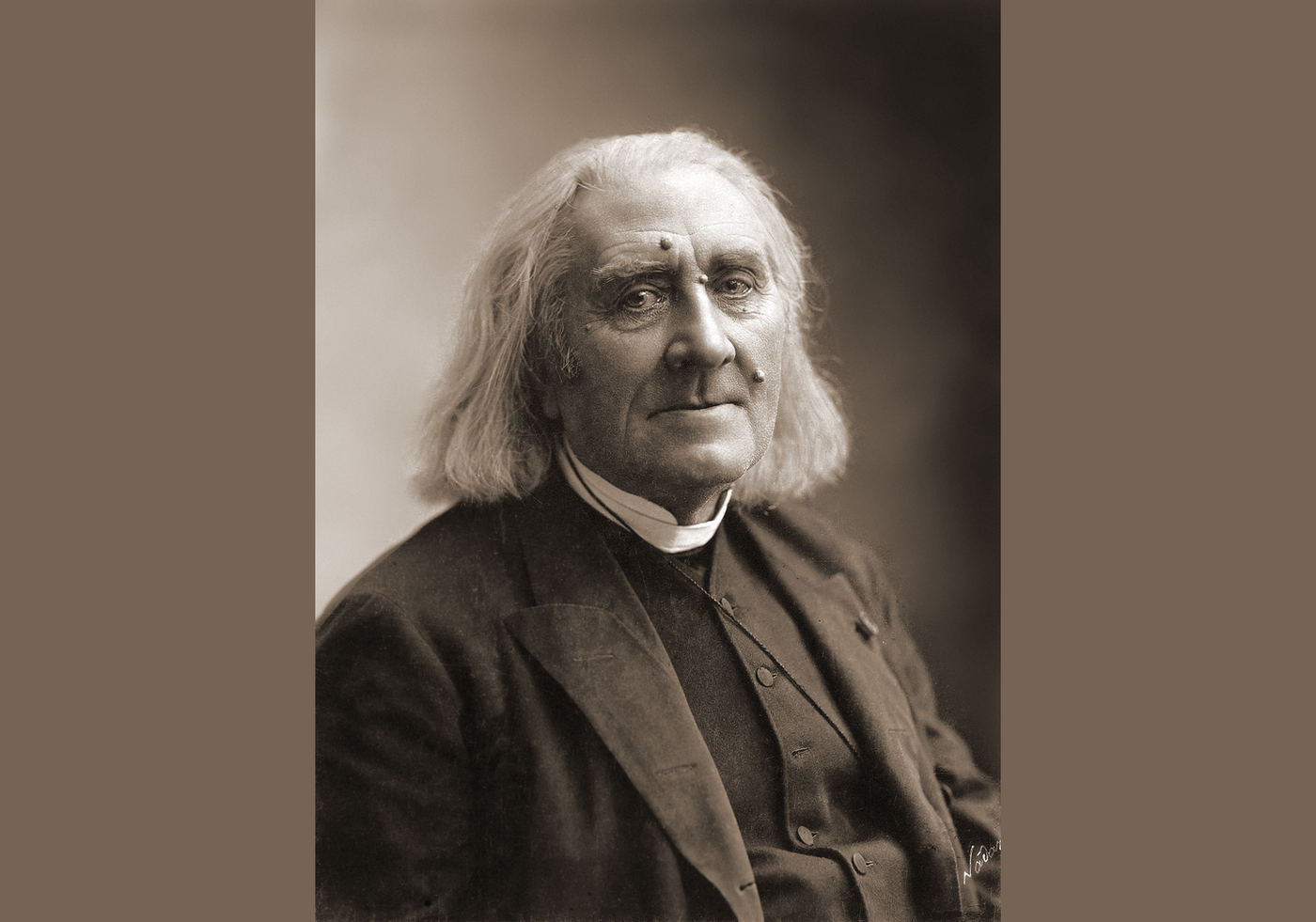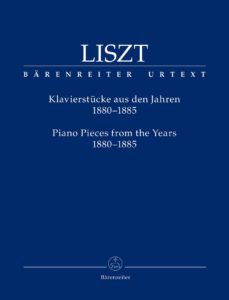"Missklänge" for the contemporaries
Liszt's late piano pieces used to be met with incomprehension. That is now slowly changing.

"As you know, I carry a deep sadness in my heart; it has to break out here and there in notes." With these words, Franz Liszt himself provided the key to understanding his late piano works in a letter in 1883, which dispense with any virtuoso flourish and instead explore the limits of tonality. His contemporaries only shook their heads in disapproval. Even Richard Wagner spoke of "germinating madness" and "dissonance", which he could not get anything out of. And as late as 1976, Klaus Wolters, in his comprehensive Handbook of piano literature stated that this music was neither suitable for teaching nor for concerts: "Nothing more of the brilliant firebrand, just dull, joyless, shadowy shapes ..." This assessment has changed considerably in recent decades. Nowadays, these works are admired for their radical simplicity and bold harmonies and are increasingly finding their way onto the podium.
The Bärenreiter publishing house has now published some of these piano pieces from the years 1880 to 1885 in an anthology. Among them is the incredibly sombre Unstern! the mysterious Nuages gris and At the grave of Richard Wagnera work that also exists in a chamber music arrangement. Also included are the two versions of the rarely performed Romance oubliée and - last but not least - The mourning gondolaalso in both versions. The second version of the latter is one of the few more extensive works and impresses with its subtle structure, which culminates in a dramatic outburst. This piece in particular can be wonderfully combined in a recital with earlier works by Liszt, such as the Sonata in B minor.
In the foreword to this new edition, editor Michael Kube provides a great deal of interesting information about the genesis of the individual pieces. And in the detailed notes on interpretation, Steffen Schleiermacher, a pianist who has obviously grown fond of this music, gives his opinion. His instructions may sometimes be a little personal. But they are certainly welcome as suggestions.
Incidentally, Béla Bartók was one of the first to really take Liszt's late works seriously and appreciate them. In general, he was convinced "that Liszt's significance for the further development of music was greater than Wagner's".
 Franz Liszt: Piano Pieces from the Years 1880-1885, edited by Michael Kube, BA 10871, € 20.95, Bärenreiter, Kassel
Franz Liszt: Piano Pieces from the Years 1880-1885, edited by Michael Kube, BA 10871, € 20.95, Bärenreiter, Kassel








